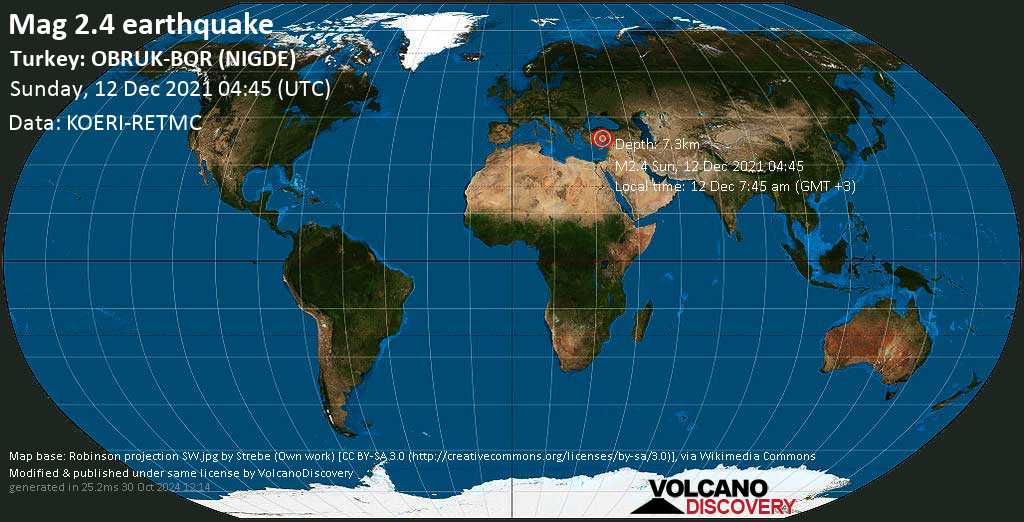Deal Clinched, Families Returning To Fallujah
Hundreds of Iraqis lined up at the edge of the city, 50 kilometers ( 30miles) west of Baghdad, and were allowed in after being searched by marines, according to an Agence France-Presse (AFP) correspondent at the scene.
Some 100 cars and lorries carrying those returning formed a long queue at a checkpoint by the main road linking Baghdad with the Jordanian and Syrian borders.
The U.S. occupation forces, helped by Iraqi police and members of the paramilitary Iraqi Civil Defense Corps (ICDC), checked identity papers and screened the returning civilians with metal detectors.
The start of the return of thousands of civilians who fled fighting in the city was included in a deal hammer out Monday, April19 , between the occupation authority and leading figures from Fallujah after several days of talks.
One of the Iraqi mediators voiced optimism Tuesday about implementing the ceasefire accord while occupation spokesman Dan Senor threatened if the deal did not hold, "major hostilities" could resume at short notice.
However, there was no reaction from the resistance fighters in Fallujah who have been battling U.S. occupation forces inside the western Iraqi town.
"We are optimistic about the willingness of the (Iraqi) fighters to respect the ceasefire which was decided by the coalition and the city’s community leaders," Faud Rawi, of the Iraqi Islamic Party told AFP.
"The crisis has been contained to some degree, which averts the destruction of the city, and things are beginning to return to normal," added the mediator.
Rawi stressed that the head of the Iraqi police and the commander of the ICDC had returned to Fallujah and joint patrols with the U.S. marines had begun.
"The process of collecting arms has also begun and some were turned over to police stations" as stipulated by Monday’s accord, he added.
In another sign of easing tension, Rawi cited the withdrawal of marines from the town of Amiriyat Al-Fallujah, 20 kilometers ( 12miles) south of Fallujah.
Under the terms of the agreement, an arms amnesty has been called in an "initial effort to restore security" covering weapons from sniper rifles to surface-to-air missiles and ammunition.
"Those who give up their weapons voluntarily will not be prosecuted for weapons violations and unarmed individuals will not be attacked," the occupation authority spokesman told reporters.
"The parties agreed that coalition forces do not intend to resume offensive operations if all people in the city turn in their heavy weapons, "Senor added.
A previous arms amnesty organized by the occupation authority nationwide ahead of the introduction of weapons controls in June last year prompted only a meager response.
"The parties reaffirmed the absolute need to restore law and order in the city as quickly as possible, to rebuild the judicial system and to initiate… investigations into criminal acts," Senor said.
He said local security agencies including the police and civil defense forces, with "coalition" support, "must move to eliminate remaining foreign fighters, criminals and drug users in order for stability and security to occur."
Terms Of The Deal
Following are the key points of the Fallujah deal, according to AFP.
– Regular joint patrols in the city by occupation troops and Iraqi security forces.
– Illegal weapons and ammunition to be handed in including mortars, grenades, and surface-to-air missiles.
– The occupation authority does not "intend" to resume offensive operations if heavy weapons are handed over.
– Police, Iraqi paramilitary forces and those in the city must drive out foreign fighters, criminals and drug users.
– The judicial system to be rebuilt with crimes including the killing of four American contractors to be investigated by Iraqis.
– The occupation to allow unfettered access to Fallujah General Hospital for treatment of the sick and wounded.
– Arrangements to be made to remove and bury the dead and provide food and medicine to isolated areas of the city.
– Curfew hours to be shortened by two hours to allow people to go to mosques in the evening.
– Ambulances to be allowed to travel more easily through the city, particularly at checkpoints.
– Security, medical and technical staff to be helped to gain access to the city to work. – Consideration also to be given to families wanting to get into the city.


